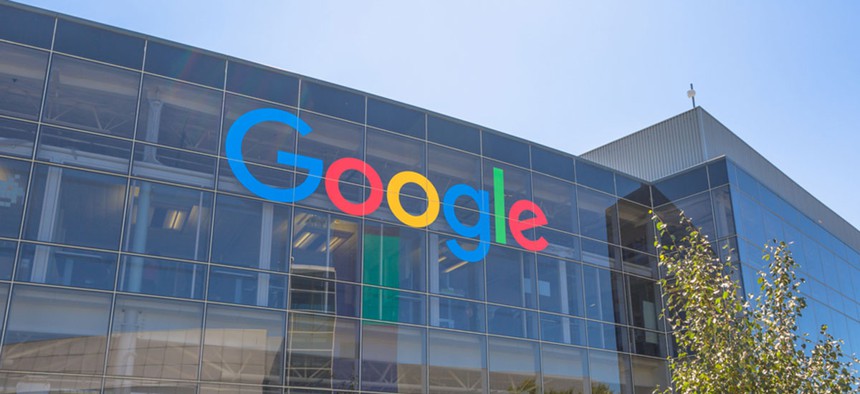
Benny Marty/Shutterstock.com
Google Is Expanding Its List of What It Takes To Be a Great Manager
The tech giant wants leaders strong in collaboration and decision making.
A decade ago, Google began Project Oxygen, an attempt to identify the characteristics of great managers. The tech giant used its findings to train employees, and then shared the information with the outside world. That included listing the eight behaviors of Google’s best managers:
1. Is a good coach
2. Empowers team and does not micromanage
3. Express interest in employee concern for success and well-being
4. Is productive and results-oriented
5. Is a good communicator — listens and shares information
6. Help with career development
7. Has a clear vision/strategy for the team
8. Has key technical skills to help advise the team
Google now says it has added two more behaviors, and amended two others. The additions, noted in a Feb. 27 post on re:Work, Google’s management blog:
9. Collaborates across Google
10. Is a strong decision maker
Making decisions and working well with others may seem like obvious traits for good managers, but Google only considered adding them to its list after hearing from employees that those skills were needed in greater supply. After receiving the feedback, Project Oxygen incorporated questions about collaboration and decision making in a survey designed to evaluate managers, to determine whether high scores in those traits showed up in good managers. They did:
To our excitement, we found a strong statistical relationship. The two new behaviors were highly correlated with manager effectiveness and the updated list of ten Oxygen behaviors was even more predictive of team outcomes like turnover, satisfaction, and performance than our original list of eight.
Google also tweaked two of the original eight items on its list. The third behavior now reads “Creates an inclusive team environment, showing concern for success and well-being,” while the sixth is now “Supports career development and discusses performance.” Those changes were made to clarify expectations, and incorporate new research into workplace biases and team psychological safety, a concept that recognizes the importance of trust among team members.
The changes in the criteria for managers also reflect a decade of changes at Google, which is now larger, more complex, and perhaps more aware of its blind spots, particularly in the wake of the inflammatory James Damore memo. It’s easy to poke fun of a corporation that fusses over such minutiae, but smart companies grow and adapt, and sweating the details is one way to ensure the 20-year old company is around for at least another 20.
NEXT STORY: How Bad Leaders Can Become Good Leaders






